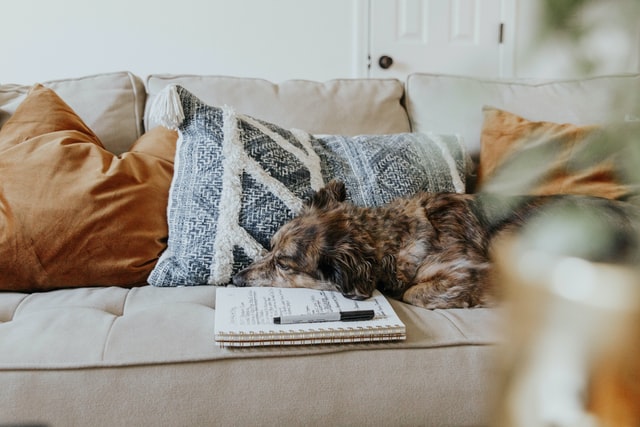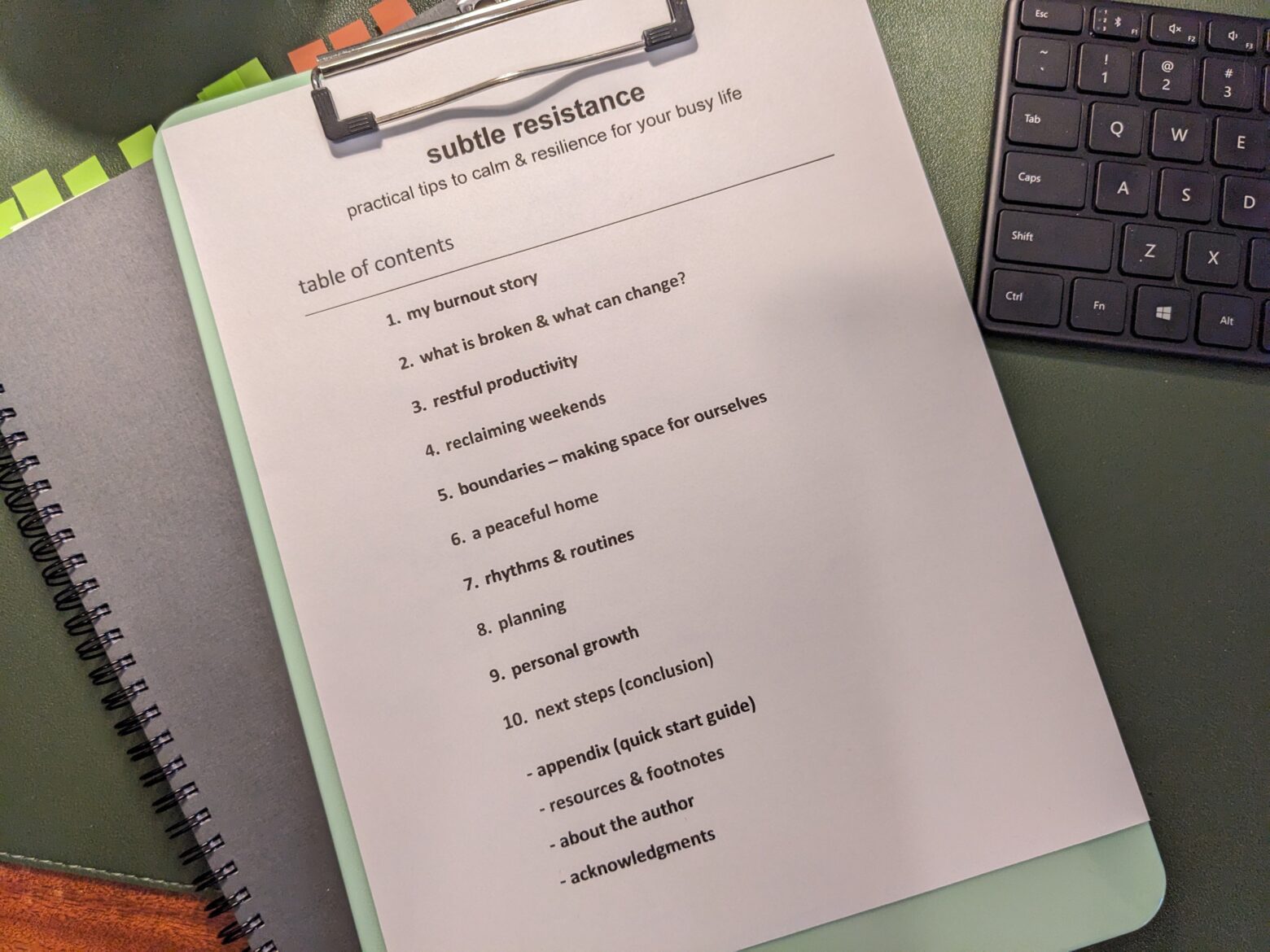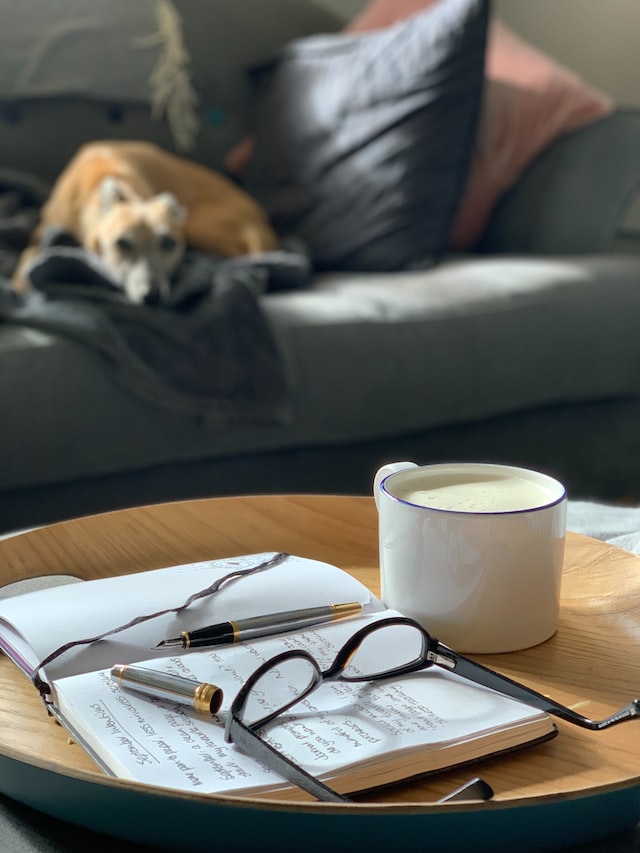Homes are not naturally comfortable and relaxed. The nature of a busy home with kids is chaotic, messy, disorganized, and grimy. The activities and daily events leave aftermath that is not pretty. Keeping a home organized, clean, and cozy actually takes a lot of work.
- Who cares if a home is organized or decorated?
- Should we spend our time on “more important” things?
- A clean house does not make a difference, does it?
- Why does a cozy home environment matter?
We have all walked into a living room and immediately felt either comfortable or uneasy. What is the difference between these situations? What changes can we make in our homes to be more comfortable and relaxed?
The planning and thought that goes into a home has several areas:
- Organization
- Keeping things Clean
- Comfort (also called Hygge)
- and the Rhythms / Routines in your family
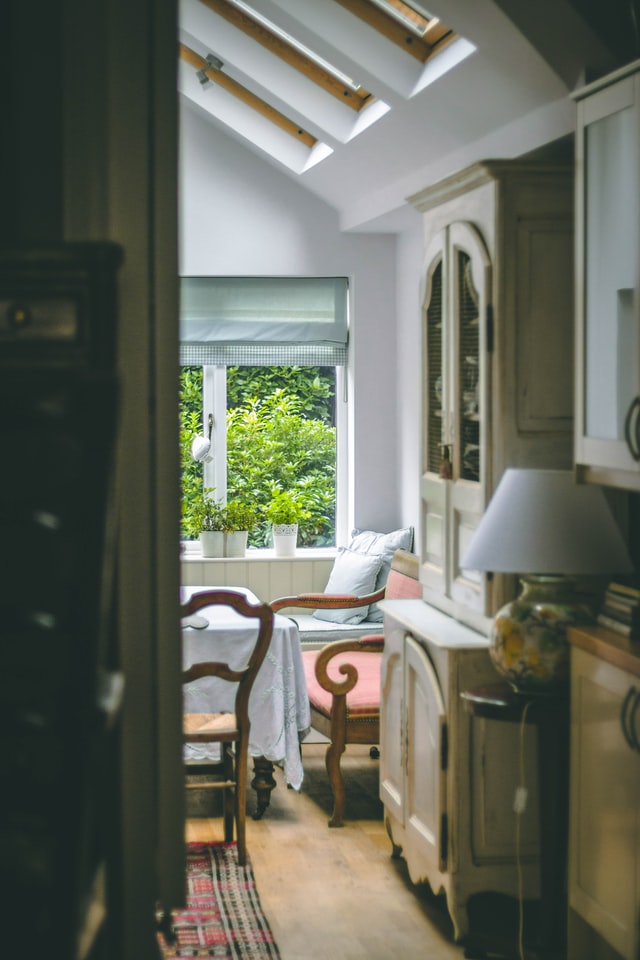
Photo by Arthur Edelmans on Unsplash
Organization
Clearing clutter gives me an inner sense of calm. A peace that things are where they should be. When I get rid of things I no longer need, I am making space for things that do. I am also acknowledging the season that I am in right now. I will often walk away with a cleaner closet (or drawer) and a new perspective.
Stuff has a pull on us. It holds emotional power and the weight of unmade decisions. When I go through a space to declutter and organize, I essentially choose to make tons of delayed decisions all at once. It is invigorating and freeing.
I truly believe that we are all designed by God to bring order from chaos. We have a Creator that shows off with beauty and organized design. It is what we are naturally drawn to. I want that in my home as well.
Everything should have its place. [Or has Mystie Winkler calls it EHAP (Everything Has A Place).]
- Think through your daily routine, what do you actually need?
- If you were staying at a vacation house what would you take?
- What is sitting on surfaces that is in the way or piled up?
- Do you need a place to put the mail you must do something with?
- Where do your kids put their shoes, back packs, and sports stuff?
- What is getting in the way of enjoying relaxing in your living room?
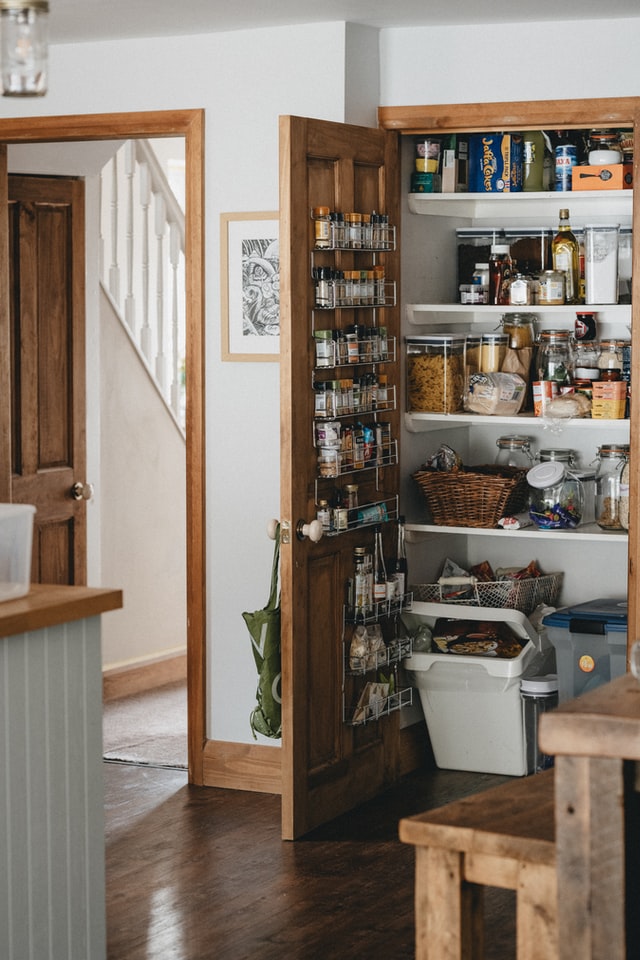
Photo by Annie Spratt on Unsplash
Clean
I create cleaning routines and lists to keep up with the demands of my busy household. To maintain a level of cleanliness that I am comfortable with. My house is never all clean all at once. I tackle tasks throughout the week so that everything is “mostly clean”.
I follow a rhythm of housework so that all the tasks get done about once a week or every two weeks. I want my home to be a place where my family and guests feel welcomed, safe, and appreciated. The household tasks that I do communicate that love and care for my people. So I choose to sweep floors, clean toilets, and remember to scrub the kitchen sink.
- What is the best time of day to add in one household task?
- In the week, what day works best for everyone working together on Household chores?
- If you turned on some music and speed cleaned for the next 15 minutes what would you clean?
- What is bothering you right now? Start there!
Read my article for more: Household Chores & Cleaning the Home
and this one: My Counters Affect My Productivity – How changing my habits with the dirty dishes and my cluttered kitchen counters rippled into my creativity.
Other resources I recommend:
- You Tube channel: The Minimal Mom
- Articles, Online Classes & Podcasts: Mystie Winkler at https://www.simplyconvivial.com/
- Podcast: The Lazy Genius with Kendra Adachi – podcast: How To Keep Surfaces Clear,
- blog article: The Lazy Genius Cleans the House
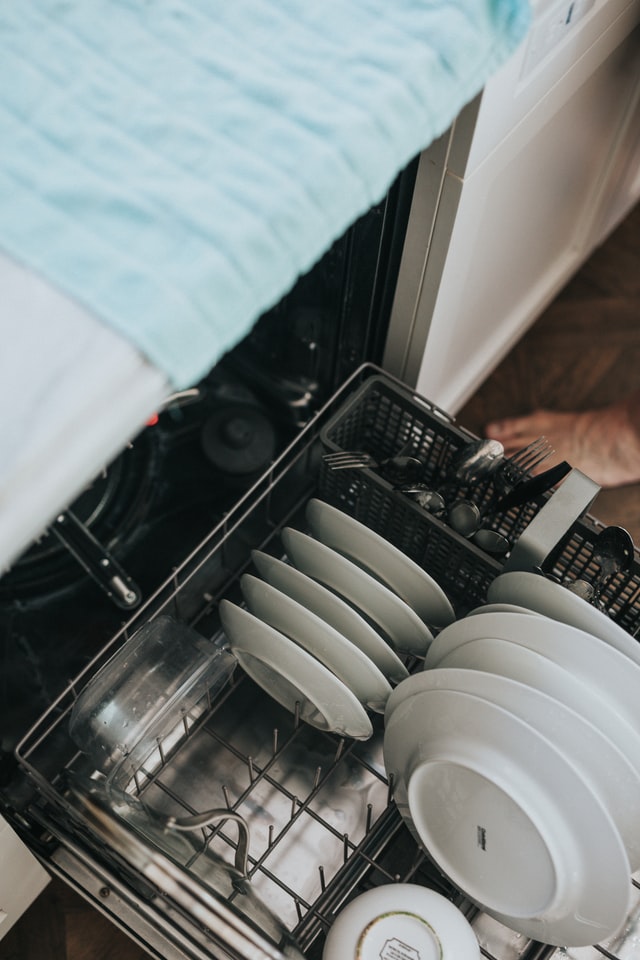
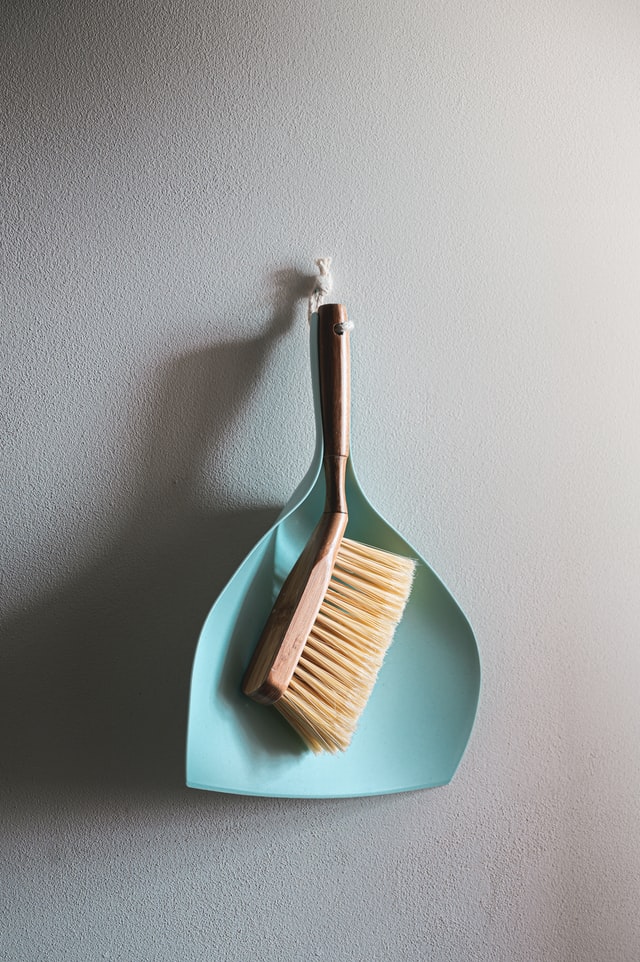
Photos from Unsplash
Comfort / Hygge
Hygge is defined as a cozy feeling that creates calm and closeness with those around you. It is textures that are warm and inviting. A hot drink on a cold day. A quiet chat with a close friend sitting on the couch together. Reading books to the little ones with a soft blanket and a gentle rainstorm. (read about that here)
- What is comfortable and cozy to you?
- What textures make you feel at home and welcome in a space?
- Do you have somewhere to sit and relax?
- Is there a place to put a drink and a book?
- Can you put your feet up and eat a snack?
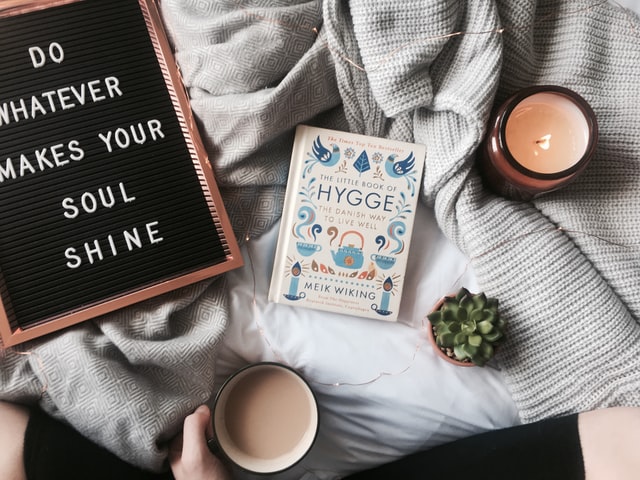
Hygge has been described as everything from “the art of creating intimacy”, “cosines of the soul”, “the absence of annoyance” to “taking pleasure from the presence of soothing things”, “cozy togetherness” and “the pursuit of everyday pleasures”.
Hooga? Hhyooguh? Heurgh? It is not really important how you choose to pronounce or even spell ‘hygge’. What is important is that you feel it. ….hygge is about creating an atmosphere where we can let your guard down.
The Little Book of Hygge – a must-read introduction to hygge, written by Meik Wiking, CEO of the Happiness Research Institute in Copenhagen.
{Photo by Stella Rose on Unsplash]
Your Rhythms and Routines
We must study our own families. We can be experts at what our families need. We can plan and prepare for a cozy environment. It is worth the work. Observe your weekly schedule. Pay attention to what spaces in your home get used and why.
- Rhythms can be harder to track because “its just the way we do things”.
- So, ask yourself some questions and pause for reflection.
- What types of events have we done this week?
- What should we do next?
- Where can you slow down and add some rest? (read about that here)
- What do you naturally do when you get home from an activity?
- What does your family do that makes this space useful in your daily life?
- How does this space encourage your kids to spend time together?
- Where is your spot to sit and read a book in the evenings?
- How can you change where your furniture is located so that it makes sense for your routines?
- Where do you relax in the mornings with a cup of coffee?
- How do you spend time in this space? Does it have multiple uses?
- Where do the kids work on school work or homework?
- Where do you keep markers and stickers? How do you store extra couch blankets? Where do you keep puzzles and board games?
Our Rituals, Routines, and Rhythms can be life-giving or harmful for our long-term goals. The way we structure the small things in our lives adds up over time.
These daily decisions are actually how we build our lives. These small pieces decide how we do things in our homes. No matter if we are intentional or if we mindlessly participate.
Here is more: Rituals, Routines, and Rhythms – What’s the Difference? – Sometimes we just need a change to spark new growth.

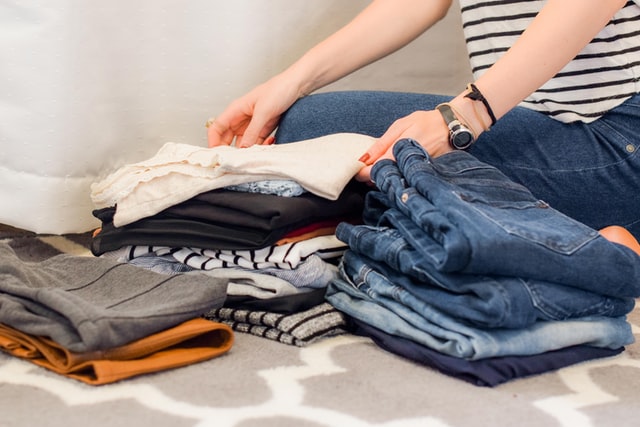

Photos from Unsplash 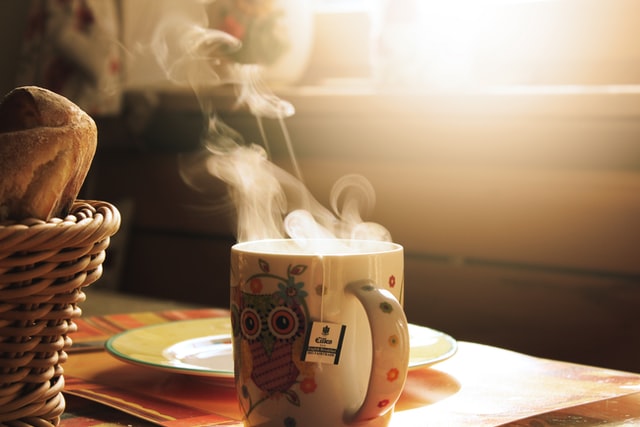
Do we need to have everything perfect and Pinterest-worthy? No – definitely not. But I would argue that spending time organizing and decorating our homes is valuable. It is time (and sometimes money) well spent.
We are making comfortable spaces for our families to enjoy. We are making space for our community groups. For our guests to feel welcome. We are creating places for conversation, reading a book, and resting on the Sabbath. And those things matter.
We have all enjoyed the results of a living room that has been thought out, organized, and decorated well. When was the last time you walked into someone’s living room and felt comfortable? What was special about that space? Was it the people who were there, the type of furniture they had, or the activities you enjoyed?
The clean house is not the end result. It is making space for life to happen and more messes to be made.
Creativity and connection happen when the clutter is gone, the counters are cleaned off, and there is space for everyone to relax.
No matter your style, I believe that you can make your space comfortable for your unique family. And when you do, send me a photo. I would love to see it!
Happy Homemaking! – April
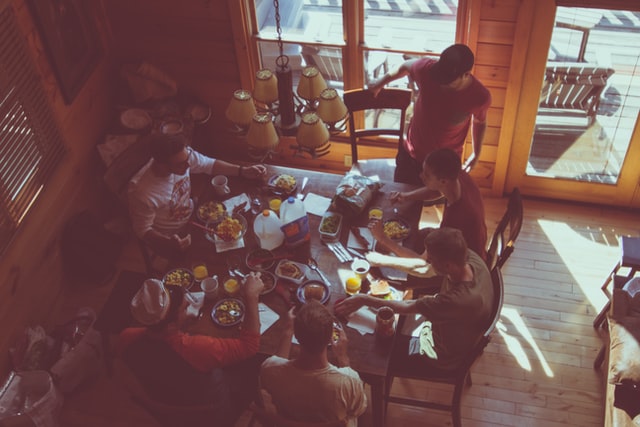
Photo by Zach Reiner on Unsplash
-
What is “Subtle Resistance”?
When we are surrounded by specific norms, we no longer see them as optional but as “the way life is”. I want to challenge a few of those… Let’s jump right in! Here is how I define these words in the beginning pages of my book: subtle – (adj.) nuanced, delicate, skillful, laid back (verb)……
-
Unpaid Work is Still “Real Work”
Let’s break some WFH myths! Real work is defined by so much more than a paycheck or a schedule set by someone else. Here are 2 of the Work-From-Home myths that really get me fired up. The Myth: My schedule is flexible so I am available during the day. I have lost count of how……
